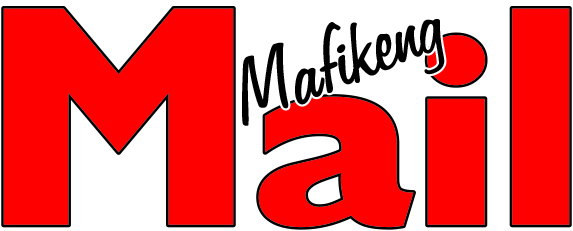RUSTENBURG - As reported by Bonus last week, South Africans are in the midst of yet, again, another monthly fuel hike.
Many are struggling to make ends meet, and the continuous rise in fuel prices is only adding to the pressure in many households. However, this is not where the bad news ends. The increase in fuel prices also leads to an increase in tax.
A large portion of South Africa’s petrol price is paid through levies, with the General Fuel Levy (GFL) and the Road Accident Fund Levy (RAF) accounting for the biggest chunks. Motorists, have, up until now in 2024, been given somewhat of a reprieve with only slight increases in the general fuel levy by the Road Accident Fund (RAF). These increases were 1 cent and 3 cents per litre as carbon tax for petrol and diesel, respectively.
In somewhat more disappointing news, with effect from 1 April 2024, the Fuel Levy in the price structure of petrol and diesel amounts to 396 cents per litre and 384 cents per litre, respectively. The Road Accident Fund Levy in the price structure of both petrol and diesel amounts to 218 cents per litre. Other costs that chave to be taken into account are: transport (from the harbour to inland areas), customs and excise duties, retail margins paid to fuel station owners, and secondary storage costs.
A breakdown of the taxes (for 95 petrol), according to the department, is as follows:
* Fuel levy: 396 c/l
* Road Accident Fund levy: 218 c/l
* Customs and excise: 4 c/l
* Slate levy: 21.92 c/l
* Petroleum products levy: 0.33 c/l
With effect from 1 May, R6.40 per litre goes towards some form of tax or levy when buying petrol – approximately 25.1% of the retail price. Filling a 50-litre tank with 95 octane fuel in May will cost R1,274.50 - or R1,257.50 for 93 octane.
The consequence? South Africans will pay an average of R320 in taxes every time they fill up.









